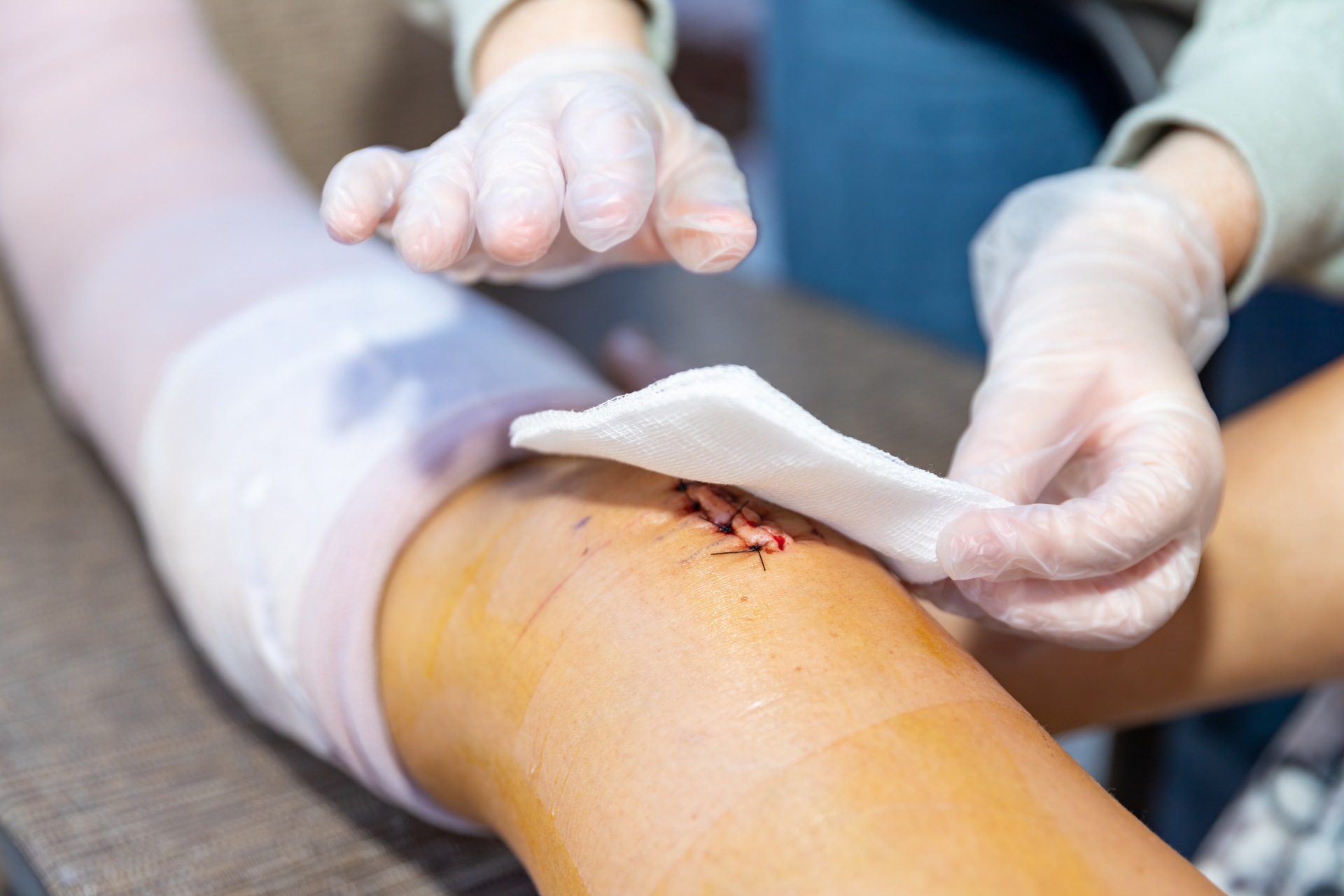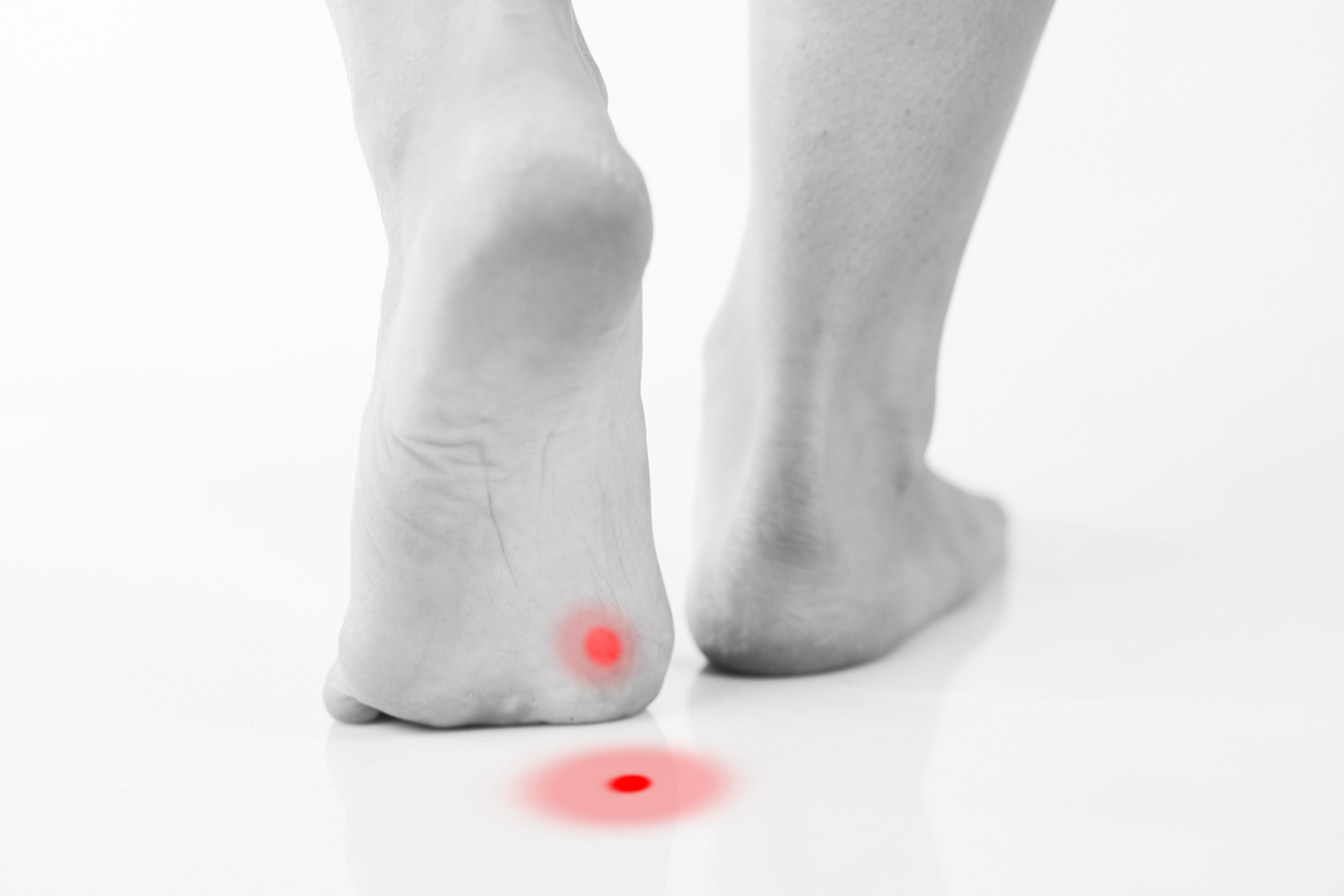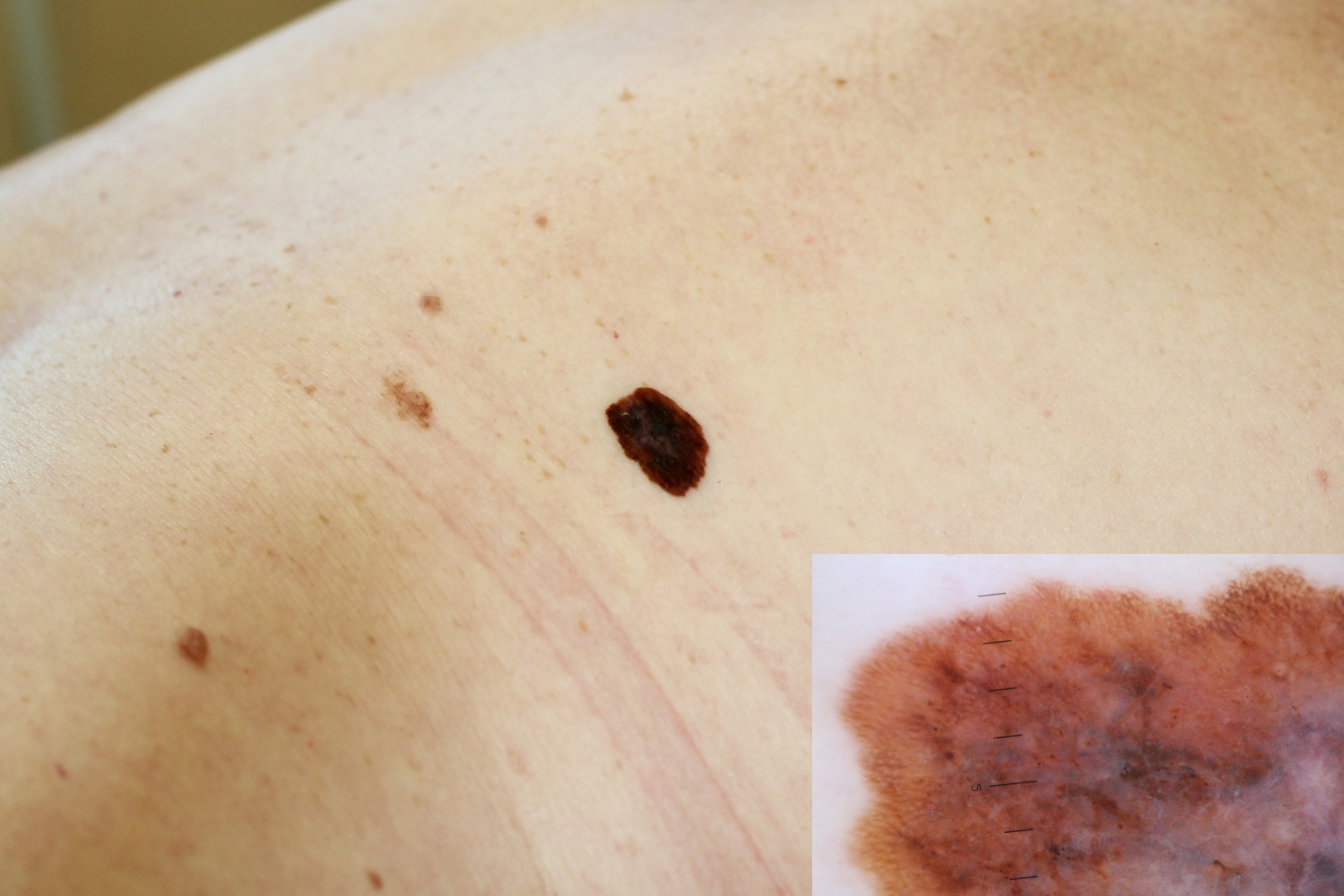How to Care for Your Skin After Minor Surgery or Injury

At Fall Creek Skin and Health Clinic, we understand the importance of proper skin care after undergoing minor surgery or injury. Taking care of your skin post-procedure is crucial to promote healing, minimize scarring, and prevent infection. Whether you have had a minor surgical procedure, a small cut, or a bruise, following these skin care tips will help ensure a smooth recovery process.
1. Keep the Area Clean and Dry
One of the most important steps in caring for your skin after surgery or injury is to keep the affected area clean and dry. Gently wash the area with a mild soap and warm water, being careful not to scrub too hard. Pat the area dry with a clean towel to avoid irritation or infection.
2. Follow Your Doctor's Instructions
It is essential to follow any specific instructions provided by your healthcare provider regarding wound care. This may include changing dressings, applying ointments or creams, or taking medications as prescribed. Following these instructions will help promote proper healing and reduce the risk of complications.
3. Avoid Scratching or Picking at the Wound:
It can be tempting to scratch or pick at a scab or wound, but this can slow down the healing process and increase the risk of infection. Keep your hands away from the affected area and resist the urge to touch or manipulate the wound.
4. Protect the Area from the Sun
Exposure to sunlight can cause scars to darken and become more pronounced. Keep the affected area covered with clothing or a bandage when going outside, and be sure to apply a broad-spectrum sunscreen with an SPF of 30 or higher if the area cannot be covered.
5. Stay Hydrated and Eat a Healthy Diet
Proper nutrition is essential for the healing process. Stay hydrated by drinking plenty of water and eat a healthy, balanced diet rich in vitamins and nutrients. Foods high in antioxidants, such as fruits and vegetables, can help promote skin health and repair.
6. Manage Pain and Discomfort
It is normal to experience some pain or discomfort after minor surgery or injury. Follow your doctor's recommendations for managing pain, whether that involves over-the-counter pain medications, ice packs, or other treatments. If you experience severe or prolonged pain, contact your healthcare provider.
7. Monitor the Healing Progress
Keep a close eye on how the affected area is healing. Look for signs of infection, such as increased redness, swelling, pain, or drainage. If you notice any concerning symptoms, contact your doctor immediately.
8. Be Patient
Remember that healing takes time, and it is normal for the skin to go through various stages of recovery. Be patient with your body and give it the time it needs to heal properly.
By following these tips for caring for your skin after minor surgery or injury, you can help promote proper healing and minimize the risk of complications. If you have any concerns or questions about your skin care regimen, don't hesitate to reach out to the experts at Fall Creek Skin and Health Clinic. Your skin's health is our priority, and we are here to support you every step of the way.



Need Our Services?
Book a free consultation

Our promise is to offer high-quality medical attention at a fair price in a clean, friendly, and professional environment.
QUICK LINKS
BUSINESS HOURS
- Mon - Thu
- -
- Friday
- -
- Saturday
- Appointment Only
- Sunday
- Closed
All Rights Reserved | Fall Creek Skin and Health Clinic |
